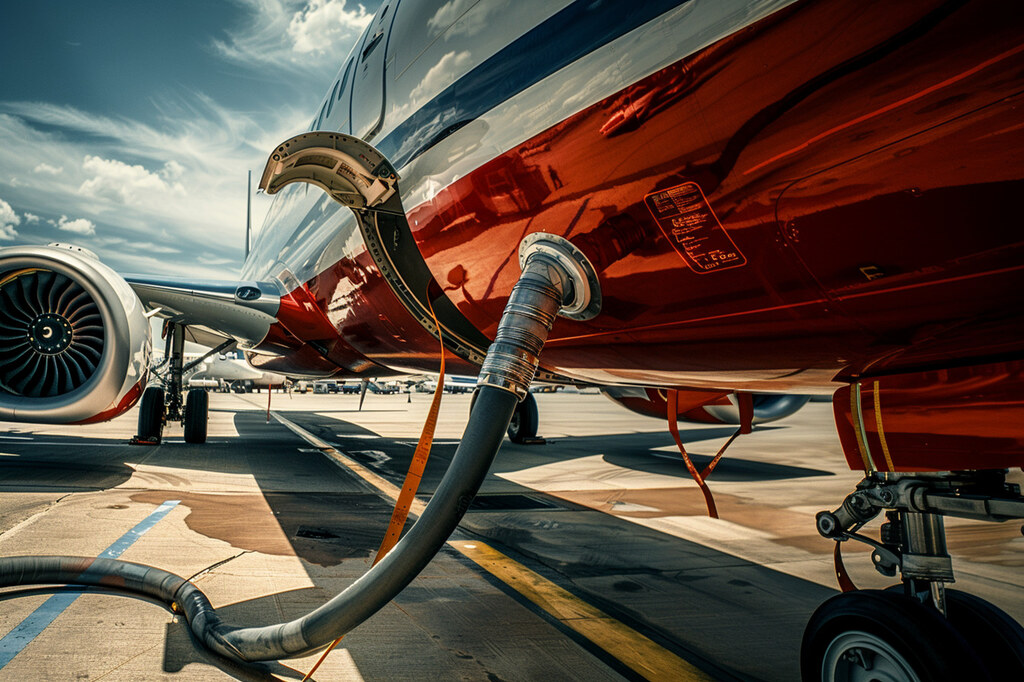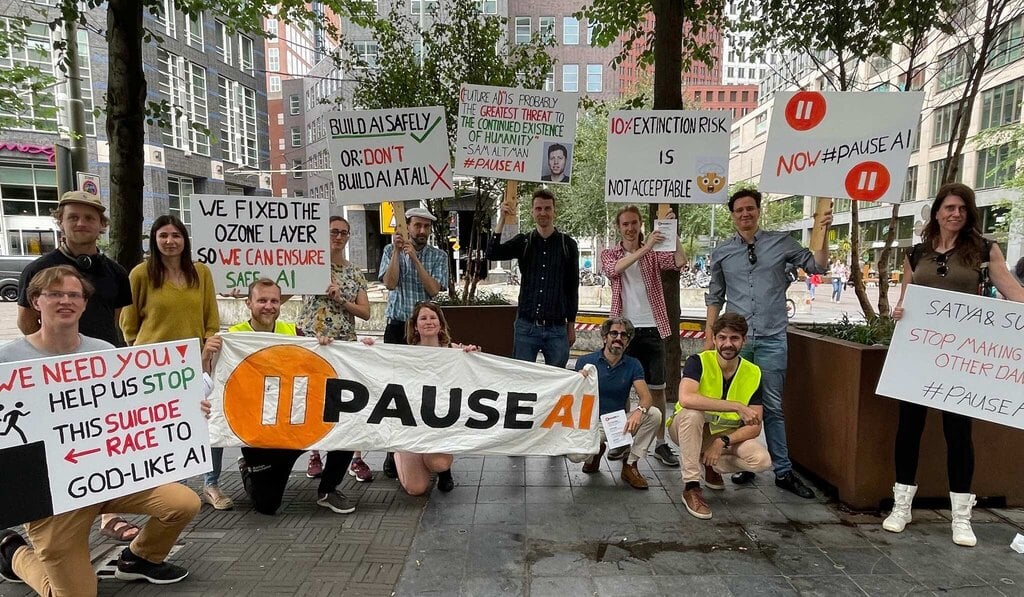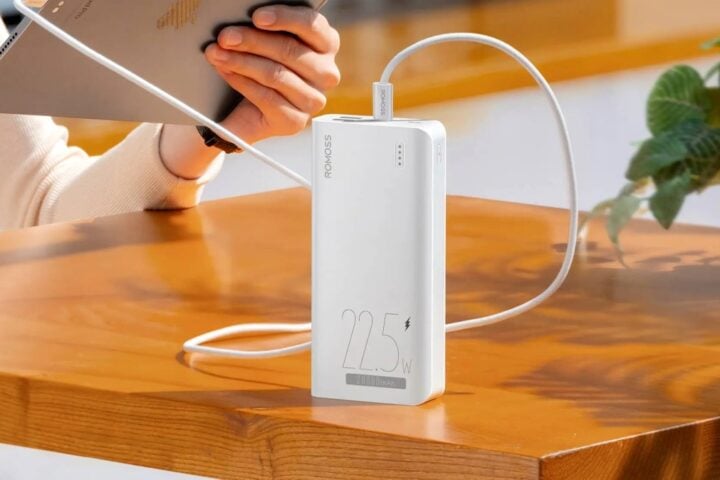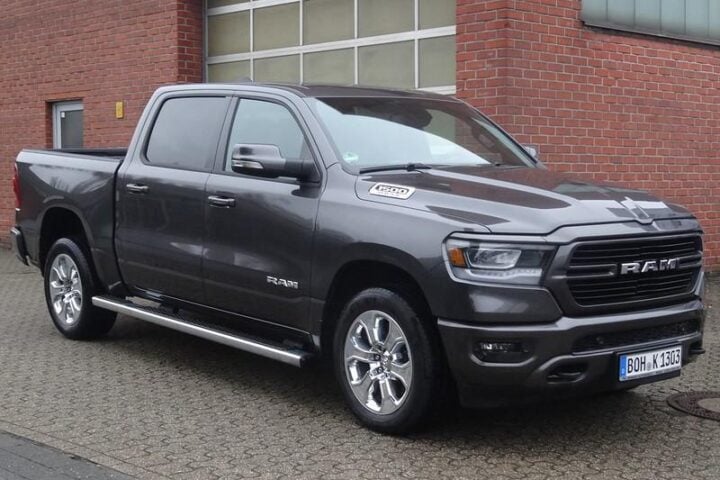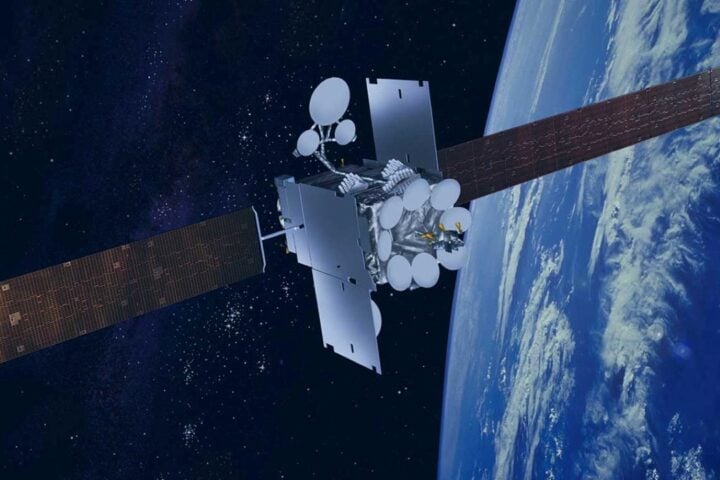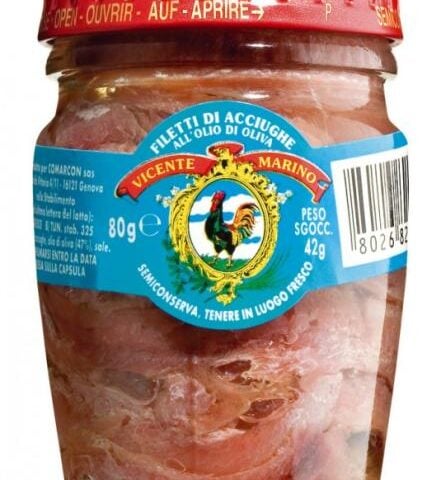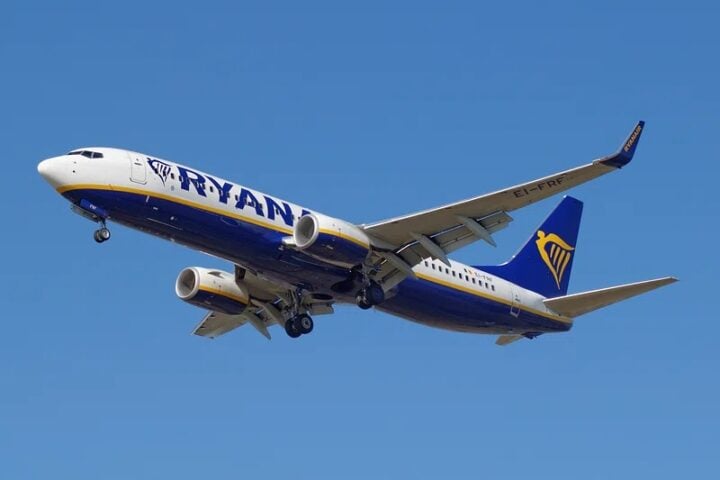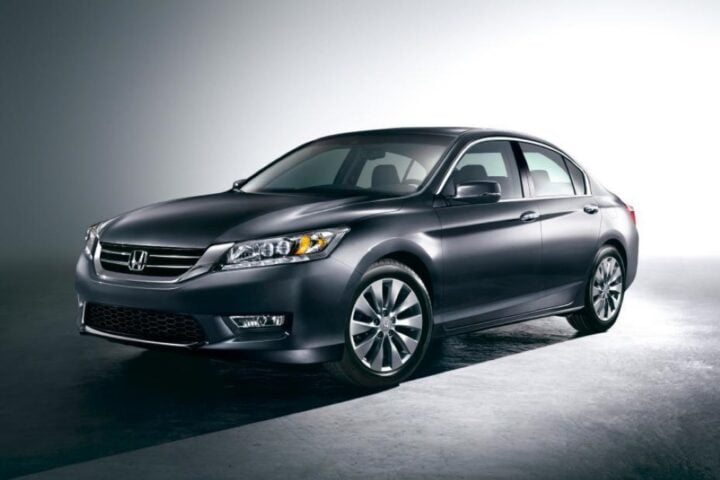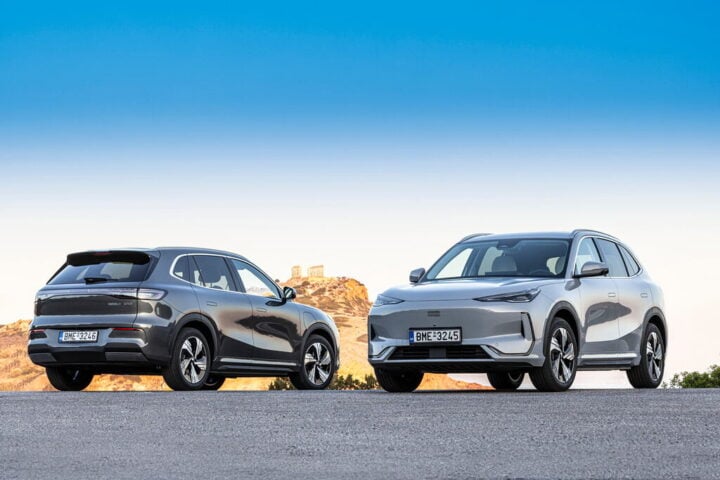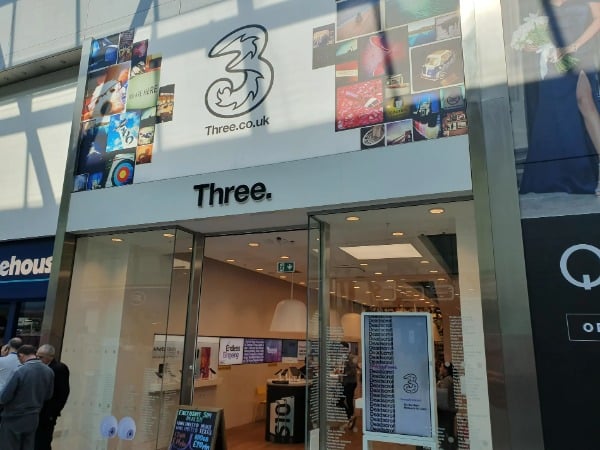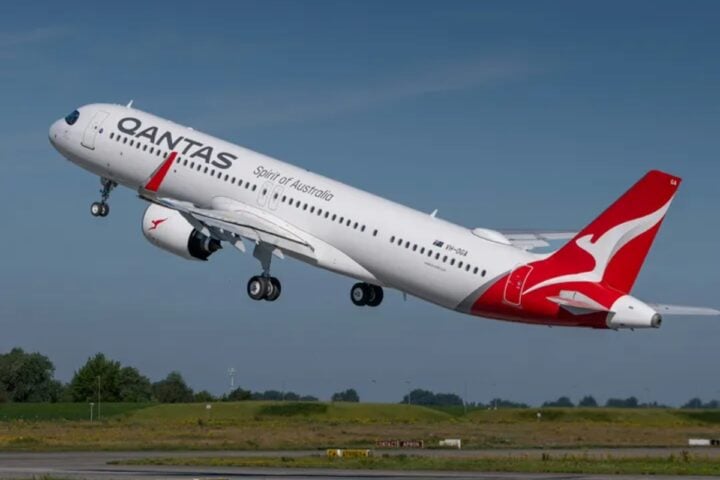The Sustainable Aviation Buyers Alliance (SABA) has announced the largest set of sustainable aviation fuel (SAF) certificate purchase agreements by companies. Twenty major corporations, including Bank of America, AstraZeneca, Autodesk, Bain & Company, BCG, Deloitte, JPMorgan Chase, Live Nation, McKinsey & Company, Meta, Morgan Stanley, Netflix, Novo Nordisk, Samsung Biologics, Watershed, and Workday, along with SABA’s founding organization RMI, will participate in this collective purchase, committing nearly $200 million (€187 million) over five years to acquire high-integrity SAF certificates.
This collective purchase will amount to approximately 50 million gallons of high-integrity SAF over five years, equivalent to roughly 500,000 tons of CO2e reduced or the emissions of 3,000 fully loaded passenger flights from New York to London. “This multi-year collection of deals, which involves close to 20 corporate aviation customers, four fuel providers, and three airlines, demonstrates the power of corporate demand to scale up investments in promising sustainable fuels that can drive decarbonization of the aviation industry,” stated SABA.
Companies purchasing SAF certificates pay part or all of the premium associated with SAF, pursuing decarbonization efforts that directly reduce aviation sector emissions. Additionally, SAF certificates offer the nascent market:
- Standardization and transparency for accounting and reporting certified GHG reductions
- Essential funding to increase SAF purchases
- A demand signal for fuel producers to manufacture more high-integrity SAF, which in turn influences SAF’s cost competitiveness relative to conventional jet fuel.
SABA, whose members include several prominent names in the business travel sector, was formed by the Environmental Defense Fund (EDF) and RMI to accelerate the path to net-zero aviation by building the necessary system to credibly scale investments and adoption of sustainable aviation fuel.
SAF is a fuel made from renewable feedstocks or waste and can be used in current aircraft without needing fleet and infrastructure upgrades. It can significantly reduce carbon pollution from flights. “This SABA procurement shows the power of prominent global companies demanding high-integrity sustainable aviation fuels. High-integrity sustainable aviation fuels are available right now, and we must work to rapidly scale their production to decarbonize air travelt,” said Elizabeth Sturcken, Managing Director of the Environmental Defense Fund, co-founder of SABA.
To enhance transparency and integrity in sales, RMI and EDF, co-founders of SABA, developed the digital SAFc Registry, used as a central platform to register acquired SAF certificates. This digital registry creates an auditable ledger to ensure the purchased SAF certificates have the intended environmental impact and can be claimed to meet emission reduction goals.
Similar Posts
As the aviation industry looks for ways to fly carbon-neutral planes, companies are seeking ways to reduce or offset the carbon footprint of their business travel. SAF is used in less than 0.1% of domestic flights in the United States; the Biden administration has set a goal to expand this figure to 100% by 2050. Boeing and others are building planes that will run on 100% SAF. However, SAF costs at least twice as much as conventional jet fuel, which costs $90 a barrel.
Mechanisms and standards have emerged to validate SAF certificates. Purchases of SAF certificates will be accounted for by the Sustainable Aviation Fuel Certificate (SAFc) system, which RMI and the Environmental Defense Fund launched in December 2023 at COP28 in Dubai.
However, like offsets, SAF certificates attract skepticism from environmental groups and others wary of their emissions reduction claims. It remains critical that all involved parites take a full account of the risks, limitations, and challenges and other perpectives associated with SAF. It is fair that companies are in a rush to adapt sustainable travel habits, but it will indeed come along with its respective challenges and downsides.
